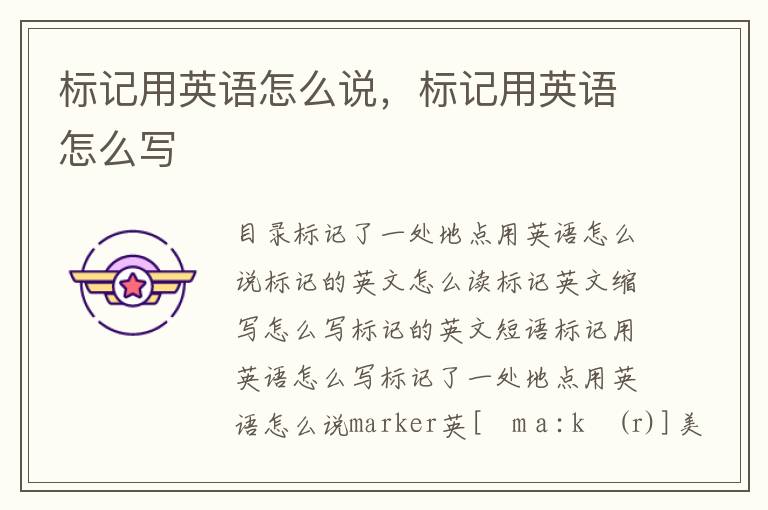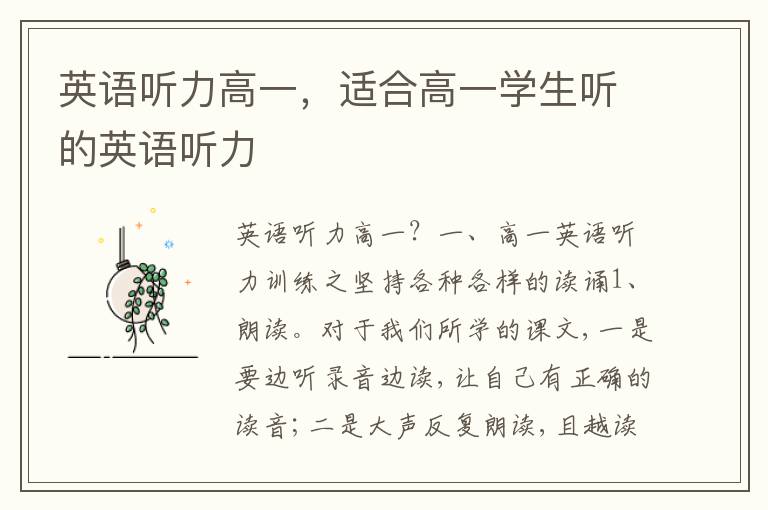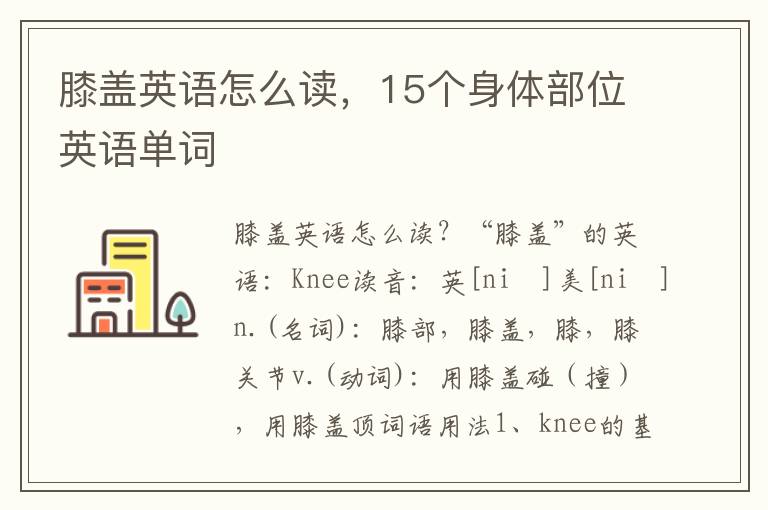【简介】感谢网友“雕龙文库”参与投稿,这里小编给大家分享一些[db:SEO标题],方便大家学习。
Last week I gave a talk to a group of graduate trainees who had just started work at a well known bank in the City of London.
几周前,我为伦敦金融城(City of London)一家知名银行刚入职的一群管理培训生做了一次演讲。
It is exactly three decades since I started out on a graduate training programme myself at another bank barely 100 yards down the road. Like these modern trainees, I spent an autumn on my backside listening politely to people who came to lecture us on this and that.
整整30年前,我自己作为管培生加入了另一家银行,那家银行就在我发表演讲的那家银行以南不到100码的地方。在30年前的那个秋天,我也和现在坐在我面前的这些管培生一样,坐在下面恭恭敬敬地听着不同的人给我们做各种演讲。
But now, being the one doing the talking, I kept thinking of my earlier self, and something odd occurred to me. The world of work is supposed to have changed beyond recognition since then, but actually it hasn’t. For graduate trainees, nothing of any importance has changed at all.
但现在,作为站在台上发表演讲的人,我一直在回想当时的自己,然后,我意识到了一些奇怪的事。自我做管培生那时候以来,职场似乎发生了翻天覆地的变化,但实际上变化并没有那么彻底。就管培生而言,变化微乎其微。
Admittedly, not everything is the same. A photograph of the 1981 intake at Morgan Guaranty in London would have shown eight men and one woman – me. We were all white and those who had not studied at Oxford had studied at Cambridge instead. In last week’s group, half were women, not all were white, and not all were Oxbridge either.
不可否认,还是有一些变化的。在1981年摄于伦敦摩根担保(Morgan Guaranty)的一张照片上,有8位男士和1位女士——也就是我。我们都是白人,不是毕业于牛津就是毕业于剑桥。但几周前听我发表演讲的那群人里,女性占到半数,也有一些有色人种和非牛津剑桥毕业生。
The technology is madly different too. Behind me last week was a screen ready for the PowerPoint slides that I had failed to supply. Everyone in the audience had a phone or a BlackBerry about them somewhere, promising rival entertainment. Back in 1982, we sat in front of flip charts and distracted each other with scribbled notes on scraps of paper. I remember listening with amazement to a man telling us that the bank had just bought something extraordinary: a facsimile machine.
技术手段也今非昔比。几周前我发表演讲的地方,我身后就有一幅投影幕,可演示PPT,但我并没有准备。下面坐着的听讲者,每个人手边都有一部手机或黑莓(BlackBerry)可以玩,以免听讲的时候无聊。而在1982年的时候,演讲人为我们展示的是活动挂图,我们在台下避免无聊的方法是互相传小纸条。我还记得,有位演讲人告诉我们,银行刚刚购买了一样神奇的东西:传真机。大家听了都很惊讶。
Even the form of the talk I was giving – an informal chat over lunch – would have been unthinkable in the early 1980s. Back then, a lunch break was a lunch break: unless you were out getting drunk with clients, you downed tools for precisely one hour. Even what we were munching on has changed – in 1982, I didn’t know such exotic food as bagels and samosas even existed.
我的演讲是以午餐会的形式进行的。在上世纪80年代初,就连午餐会这种形式都是不可思议的。那个时候,午休就是午休:除非你要出去跟客户吃饭喝酒,否则你的午休时间就是一个小时整。就连午餐吃的东西也不一样了——1982年的时候,我甚至都不知道世界上还有硬面包圈(bagel)和咖喱角(samosa)这些异国食品。
Timing has changed a lot since then too. These modern graduates were on an induction programme that runs for three weeks. Ours lasted a whole year: it was thought that there was no point in hurrying the indoctrination process as we were expected to stay there for life. By contrast, no one expects these kids to stay – the latest research suggests that bright young things are engaged in a nonstop job search and last an average of 28 months in any one place (which is rather longer than I lasted at Morgan Guaranty, although that’s another story).
时间方面也有很大变化。如今管培生的入职培训仅三周,而我们当年的入职培训持续了一整年:银行认为我们会在那里呆一辈子,因此没有必要急着结束这个教导新人的过程。如今则不一样,没有人指望这些小孩会呆得住——最新调查显示,聪明的年轻人永远都在找工作,他们在一个地方工作的平均时间只有28个月(这个时间倒是要比我在摩根担保呆的时间要长,不过我当年离开另有原因。)
Yet despite all these changes – despite the fact that women, foreign food and technology have been on the rise while loyalty, job security and formality have been in retreat – I still could have closed my eyes and fancied myself back in 1982 turning up to work in that hopelessly ill-judged sailor suit I bought thinking it was what bankers wore.
女性的面孔不断增加、餐桌上异国食品越来越多、技术手段也不断更新,同时,员工忠诚度不断下降、饭碗越来越不牢靠、工作形式也越来越随意。尽管有所有这些变化,但只要一闭上眼睛,我依然能看到1982年时的自己,穿着那件傻得要命的水手服去上班——买它的时候我以为那就是银行家应该穿的衣服。
What has not changed is the most powerful thing of all. The atmosphere last week was precisely what I remembered: that potent mixture of ambition and anxiety, of rivalry and comradeship. It was so powerful it was almost like a smell, the smell of just starting out.
没有变化的部分才是最震撼人心的。几周前讲话时的氛围,与我记忆中当年的氛围一模一样:台下的年轻人既雄心勃勃又十分焦虑、既有心彼此一争高低又互相惺惺相惜。这种味道非常强烈,几乎可以闻到——那是即将启程的味道。
Equally, the things that bother the graduates I spoke to are the same things that used to bother us. I know that Generation Y is supposed to be obsessed with all sorts of things we had no time for. They are meant to want their work to have meaning, to long for work-life balance and fret about sustainability.
同样,坐在台下听我讲话的那些管培生,也在受到当初困扰过我们的那些事的困扰。人们觉得,Y世代(Generation Y)操心的应该都是我们当年无暇顾及的一些事情,比如希望自己的工作有意义,渴望寻找工作和生活的平衡点,为个人的持续发展而苦恼。
But none of these trainees asked me anything of the kind. Instead, what they wanted to know was entirely familiar: how to get ahead? Is it luck, skill, or politics? This question has not changed and neither has the answer: you need to have a certain amount of skill to be even considered; beyond that it is luck and politics in equal measure.
但那些培训生们没有一个人提及这些问题。相反,他们问的都是些老掉牙的问题:如果出头?是靠运气、凭本事、还是要拉关系?这个问题不是个新问题,答案也还是那句老话:你需要有一些本事,这是最基本的,除此之外,你也需要凭运气和拉关系,两者的重要性不相上下。
They also wanted to know how to play politics: is it ever wise to disagree with your boss? The answer to this is popularly supposed to have changed beyond recognition. We used to be hidebound, so they say, but now hierarchies have been swept away and every junior is encouraged to speak out. But the truth is otherwise. The answer depends on the nature of the boss – just as it always has done. Some are open to discussion, some aren’t.
他们还想知道如何拉关系:不同意你老板的看法总是明智的吗?人们普遍认为,这个问题的答案如今已经完全不一样了。老板都说,我们过去比较狭隘,但如今已经没有等级这回事了,我们鼓励每一名下属说出自己的看法。但事实并非如此。这个问题取决于老板的性格——这一点始终不变。有些老板愿意与下属开诚布公地讨论问题,有些就不愿意。
I think there is something comforting about these universal principles that shape our office life. Work is either interesting or boring. Colleagues are fun or dull. Bosses are nice or nasty. We all want the first and not the second. This is how it was, how it is now and how it
我认为,在这些决定我们上班生活面貌的普遍准则中,也有一些是令人宽慰的。工作要么有趣,要么无聊。同事要么好玩,要么沉闷。老板要么和善,要么恶心。我们都希望自己遇到的是前者,而非后者。过去如此、现在如此,哪怕到2042年、Z世代管培生开始接受培训时,情况也将如此。
will be when Generation Z are on their training programmes in the year 2042.
Last week I gave a talk to a group of graduate trainees who had just started work at a well known bank in the City of London.
几周前,我为伦敦金融城(City of London)一家知名银行刚入职的一群管理培训生做了一次演讲。
It is exactly three decades since I started out on a graduate training programme myself at another bank barely 100 yards down the road. Like these modern trainees, I spent an autumn on my backside listening politely to people who came to lecture us on this and that.
整整30年前,我自己作为管培生加入了另一家银行,那家银行就在我发表演讲的那家银行以南不到100码的地方。在30年前的那个秋天,我也和现在坐在我面前的这些管培生一样,坐在下面恭恭敬敬地听着不同的人给我们做各种演讲。
But now, being the one doing the talking, I kept thinking of my earlier self, and something odd occurred to me. The world of work is supposed to have changed beyond recognition since then, but actually it hasn’t. For graduate trainees, nothing of any importance has changed at all.
但现在,作为站在台上发表演讲的人,我一直在回想当时的自己,然后,我意识到了一些奇怪的事。自我做管培生那时候以来,职场似乎发生了翻天覆地的变化,但实际上变化并没有那么彻底。就管培生而言,变化微乎其微。
Admittedly, not everything is the same. A photograph of the 1981 intake at Morgan Guaranty in London would have shown eight men and one woman – me. We were all white and those who had not studied at Oxford had studied at Cambridge instead. In last week’s group, half were women, not all were white, and not all were Oxbridge either.
不可否认,还是有一些变化的。在1981年摄于伦敦摩根担保(Morgan Guaranty)的一张照片上,有8位男士和1位女士——也就是我。我们都是白人,不是毕业于牛津就是毕业于剑桥。但几周前听我发表演讲的那群人里,女性占到半数,也有一些有色人种和非牛津剑桥毕业生。
The technology is madly different too. Behind me last week was a screen ready for the PowerPoint slides that I had failed to supply. Everyone in the audience had a phone or a BlackBerry about them somewhere, promising rival entertainment. Back in 1982, we sat in front of flip charts and distracted each other with scribbled notes on scraps of paper. I remember listening with amazement to a man telling us that the bank had just bought something extraordinary: a facsimile machine.
技术手段也今非昔比。几周前我发表演讲的地方,我身后就有一幅投影幕,可演示PPT,但我并没有准备。下面坐着的听讲者,每个人手边都有一部手机或黑莓(BlackBerry)可以玩,以免听讲的时候无聊。而在1982年的时候,演讲人为我们展示的是活动挂图,我们在台下避免无聊的方法是互相传小纸条。我还记得,有位演讲人告诉我们,银行刚刚购买了一样神奇的东西:传真机。大家听了都很惊讶。
Even the form of the talk I was giving – an informal chat over lunch – would have been unthinkable in the early 1980s. Back then, a lunch break was a lunch break: unless you were out getting drunk with clients, you downed tools for precisely one hour. Even what we were munching on has changed – in 1982, I didn’t know such exotic food as bagels and samosas even existed.
我的演讲是以午餐会的形式进行的。在上世纪80年代初,就连午餐会这种形式都是不可思议的。那个时候,午休就是午休:除非你要出去跟客户吃饭喝酒,否则你的午休时间就是一个小时整。就连午餐吃的东西也不一样了——1982年的时候,我甚至都不知道世界上还有硬面包圈(bagel)和咖喱角(samosa)这些异国食品。
Timing has changed a lot since then too. These modern graduates were on an induction programme that runs for three weeks. Ours lasted a whole year: it was thought that there was no point in hurrying the indoctrination process as we were expected to stay there for life. By contrast, no one expects these kids to stay – the latest research suggests that bright young things are engaged in a nonstop job search and last an average of 28 months in any one place (which is rather longer than I lasted at Morgan Guaranty, although that’s another story).
时间方面也有很大变化。如今管培生的入职培训仅三周,而我们当年的入职培训持续了一整年:银行认为我们会在那里呆一辈子,因此没有必要急着结束这个教导新人的过程。如今则不一样,没有人指望这些小孩会呆得住——最新调查显示,聪明的年轻人永远都在找工作,他们在一个地方工作的平均时间只有28个月(这个时间倒是要比我在摩根担保呆的时间要长,不过我当年离开另有原因。)
Yet despite all these changes – despite the fact that women, foreign food and technology have been on the rise while loyalty, job security and formality have been in retreat – I still could have closed my eyes and fancied myself back in 1982 turning up to work in that hopelessly ill-judged sailor suit I bought thinking it was what bankers wore.
女性的面孔不断增加、餐桌上异国食品越来越多、技术手段也不断更新,同时,员工忠诚度不断下降、饭碗越来越不牢靠、工作形式也越来越随意。尽管有所有这些变化,但只要一闭上眼睛,我依然能看到1982年时的自己,穿着那件傻得要命的水手服去上班——买它的时候我以为那就是银行家应该穿的衣服。
What has not changed is the most powerful thing of all. The atmosphere last week was precisely what I remembered: that potent mixture of ambition and anxiety, of rivalry and comradeship. It was so powerful it was almost like a smell, the smell of just starting out.
没有变化的部分才是最震撼人心的。几周前讲话时的氛围,与我记忆中当年的氛围一模一样:台下的年轻人既雄心勃勃又十分焦虑、既有心彼此一争高低又互相惺惺相惜。这种味道非常强烈,几乎可以闻到——那是即将启程的味道。
Equally, the things that bother the graduates I spoke to are the same things that used to bother us. I know that Generation Y is supposed to be obsessed with all sorts of things we had no time for. They are meant to want their work to have meaning, to long for work-life balance and fret about sustainability.
同样,坐在台下听我讲话的那些管培生,也在受到当初困扰过我们的那些事的困扰。人们觉得,Y世代(Generation Y)操心的应该都是我们当年无暇顾及的一些事情,比如希望自己的工作有意义,渴望寻找工作和生活的平衡点,为个人的持续发展而苦恼。
But none of these trainees asked me anything of the kind. Instead, what they wanted to know was entirely familiar: how to get ahead? Is it luck, skill, or politics? This question has not changed and neither has the answer: you need to have a certain amount of skill to be even considered; beyond that it is luck and politics in equal measure.
但那些培训生们没有一个人提及这些问题。相反,他们问的都是些老掉牙的问题:如果出头?是靠运气、凭本事、还是要拉关系?这个问题不是个新问题,答案也还是那句老话:你需要有一些本事,这是最基本的,除此之外,你也需要凭运气和拉关系,两者的重要性不相上下。
They also wanted to know how to play politics: is it ever wise to disagree with your boss? The answer to this is popularly supposed to have changed beyond recognition. We used to be hidebound, so they say, but now hierarchies have been swept away and every junior is encouraged to speak out. But the truth is otherwise. The answer depends on the nature of the boss – just as it always has done. Some are open to discussion, some aren’t.
他们还想知道如何拉关系:不同意你老板的看法总是明智的吗?人们普遍认为,这个问题的答案如今已经完全不一样了。老板都说,我们过去比较狭隘,但如今已经没有等级这回事了,我们鼓励每一名下属说出自己的看法。但事实并非如此。这个问题取决于老板的性格——这一点始终不变。有些老板愿意与下属开诚布公地讨论问题,有些就不愿意。
I think there is something comforting about these universal principles that shape our office life. Work is either interesting or boring. Colleagues are fun or dull. Bosses are nice or nasty. We all want the first and not the second. This is how it was, how it is now and how it
我认为,在这些决定我们上班生活面貌的普遍准则中,也有一些是令人宽慰的。工作要么有趣,要么无聊。同事要么好玩,要么沉闷。老板要么和善,要么恶心。我们都希望自己遇到的是前者,而非后者。过去如此、现在如此,哪怕到2042年、Z世代管培生开始接受培训时,情况也将如此。
will be when Generation Z are on their training programmes in the year 2042.








